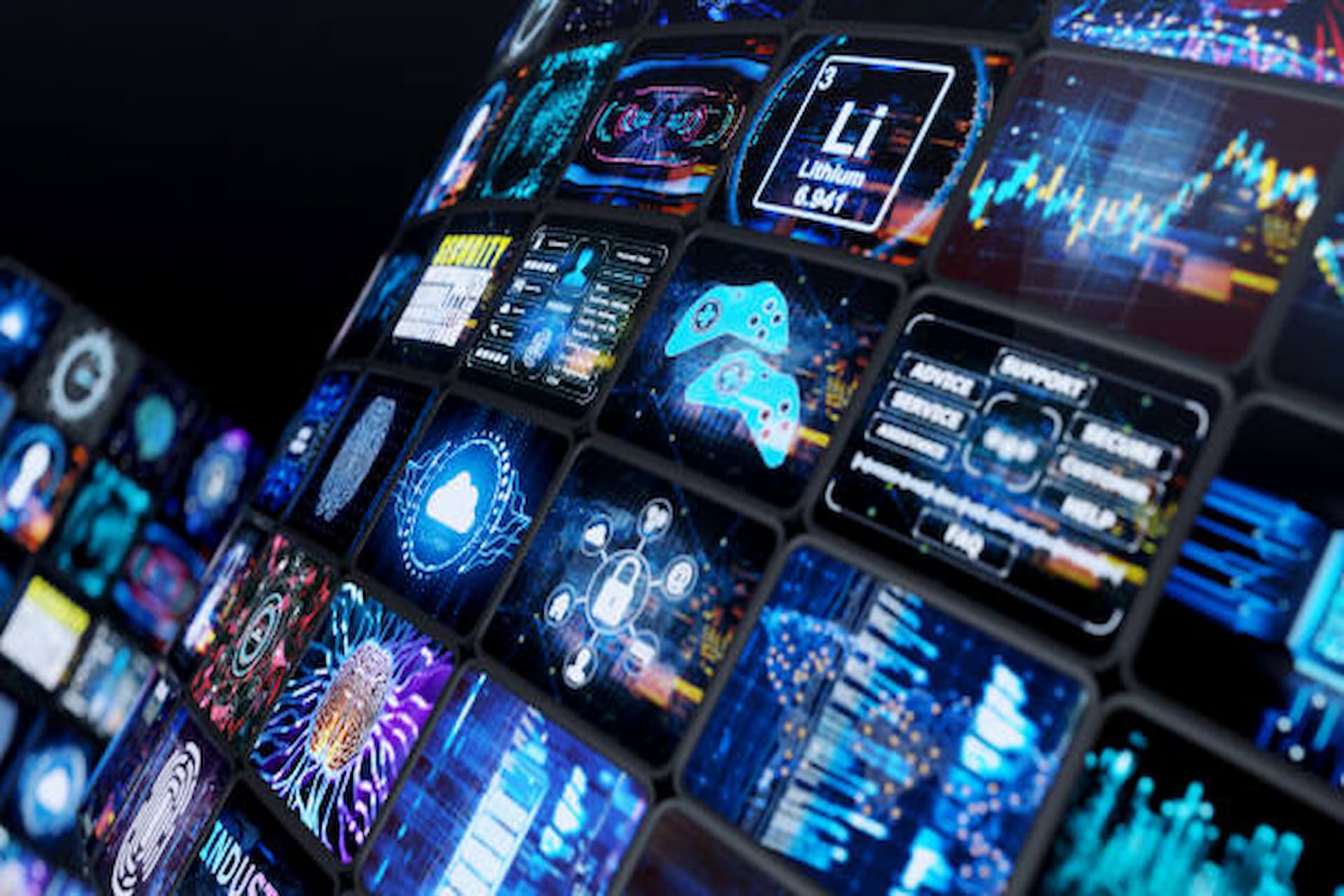Technology has profoundly impacted the entertainment industry, revolutionising how we consume and interact with various forms of entertainment. Here are several ways in which technology has transformed the entertainment landscape:
- Digital Distribution: The advent of the internet and digital platforms has revolutionised the distribution of entertainment content. Streaming services such as Netflix, Hulu, and Amazon Prime Video allow users to access movies, TV shows, and other content on-demand, anytime and anywhere. These services have significantly disrupted traditional distribution models, making entertainment more accessible and convenient for consumers.
- Virtual Reality (VR) and Augmented Reality (AR): VR and AR technologies have opened up new possibilities in entertainment. VR headsets enable immersive experiences, allowing users to explore virtual worlds, play games, and even watch movies in a 360-degree environment. AR technology, on the other hand, overlays digital content in the real world, enhancing experiences in fields like gaming, live events, and interactive storytelling.
- Enhanced Special Effects: Advancements in computer-generated imagery (CGI) and visual effects have transformed the quality and realism of visuals in movies, TV shows, and video games. From lifelike creatures and fantastical environments to explosive action sequences, these technologies have pushed the boundaries of what is possible on screen, providing audiences with visually stunning experiences.
- Live Streaming and Social Media: Social media platforms have become hubs for live-streaming events, concerts, sports, and more. Services like Facebook Live, YouTube Live, and Twitch allow individuals and organisations to broadcast live content to a global audience. In addition, it has created new opportunities for creators, performers, and artists to connect with their fans in real time, fostering a sense of community and interactivity.
- Personalisation and Recommendation Algorithms: Technology has enabled personalised recommendations based on user preferences and behaviour. Streaming platforms and music services analyse user data to suggest content tailored to individual tastes. It enhances the user experience and helps users discover new content that aligns with their interests.
- Gamification and Interactive Experiences: Gaming has evolved beyond traditional consoles and PCs. Mobile, virtual, and augmented reality gaming have provided immersive and interactive experiences. Additionally, interactive experiences in entertainment, such as escape rooms, interactive theatre, and choose-your-own-adventure narratives, have become popular, engaging audiences in a more participatory way.
- Social and Collaborative Entertainment: Online platforms and multiplayer gaming have facilitated social interactions and collaboration among players across the globe. Whether teaming up with friends in an online game or engaging in virtual communities centred around shared interests, technology has brought people together to enjoy entertainment in new and interactive ways.
- Data Analytics and Audience Insights: Technology has enabled the collecting and analysing of vast amounts of data, providing valuable insights into audience behaviour and preferences. This data helps entertainment companies understand their audiences better, tailor content to specific demographics, and make informed decisions about content creation and marketing strategies.
Technology has revolutionised entertainment by democratising access, enhancing experiences, fostering interactivity, and enabling new forms of creativity. As technology advances, the entertainment industry will likely undergo further transformations, offering even more immersive, personalised, and interactive experiences for audiences worldwide.

